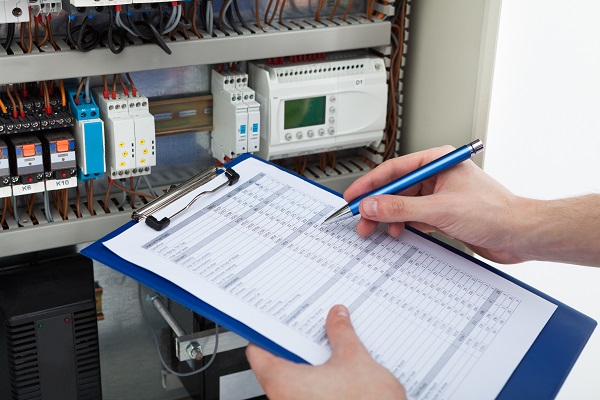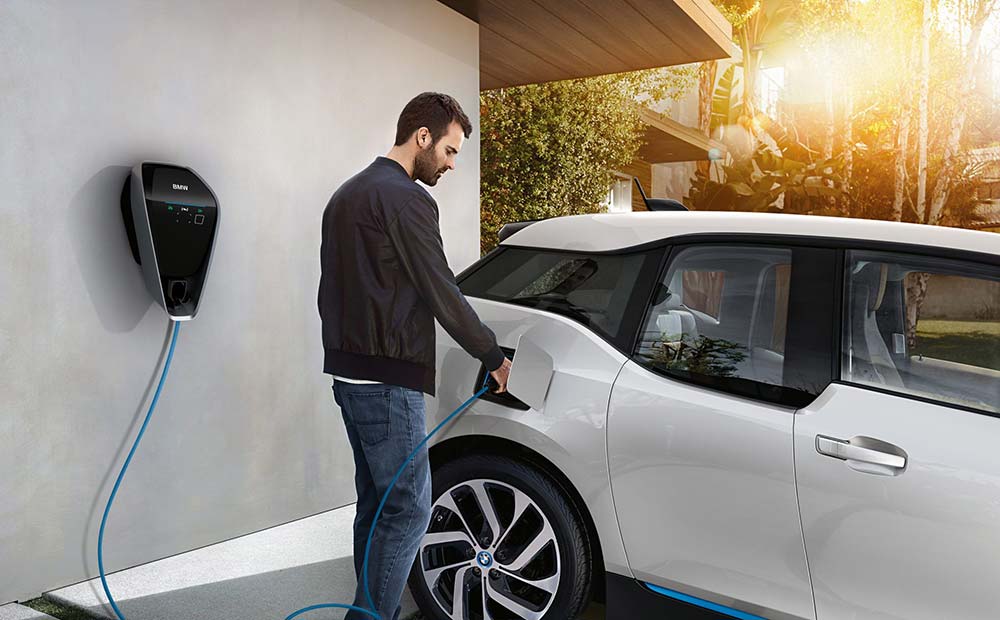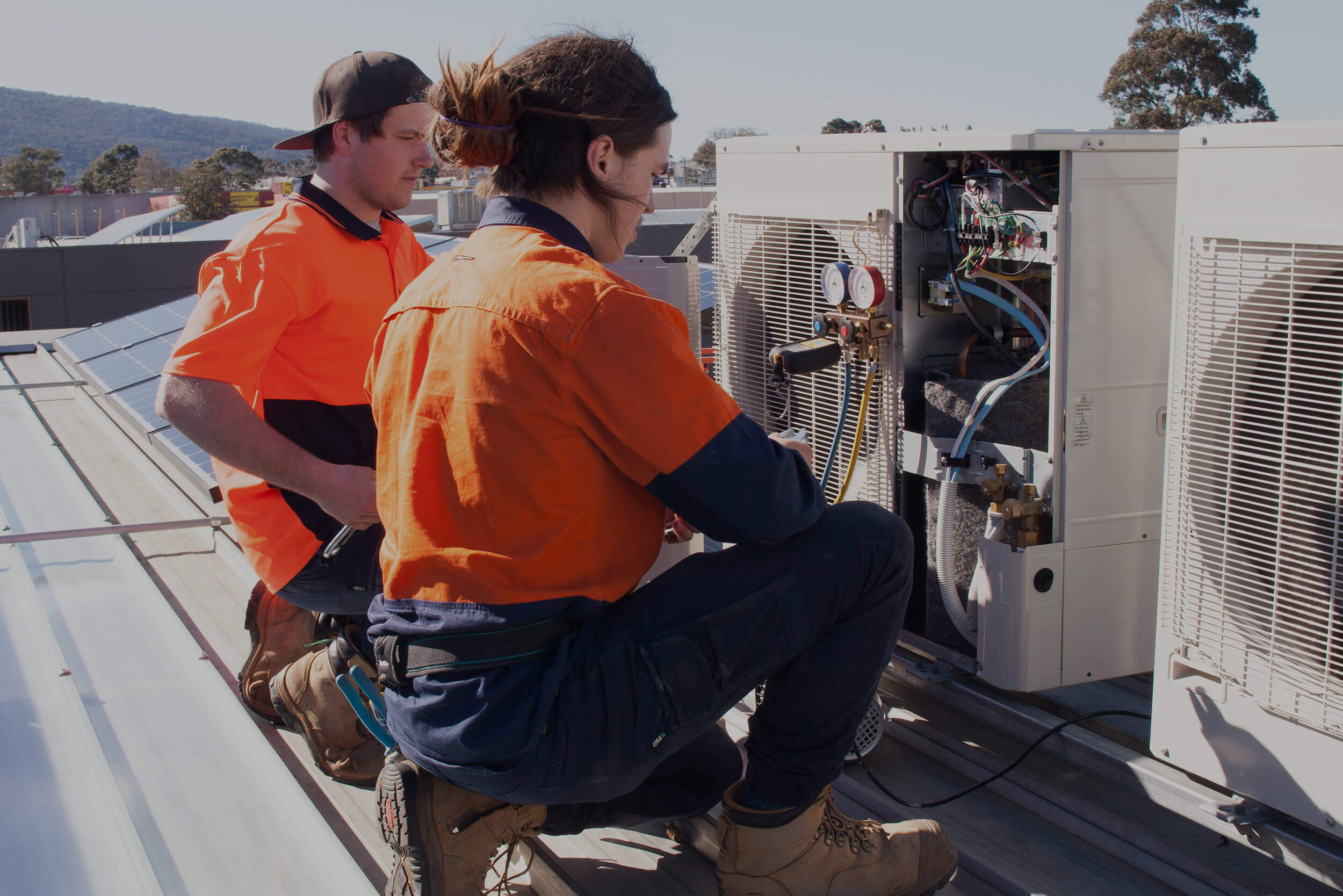EV Charging Residential Installations
For residential installations with PV there may be some benefit when charging an EV. However, as most cars used for travel to work or used at work will be away during the day, this may not be a solution unless a battery system is installed.
These issues may be exacerbated for those living beyond a city or large town, where the poles and wires may be able to carry only small loads. In such cases, other solutions – including batteries – may have to be considered.
Some retailers may off er tariff reductions, but this can require an extra meter, changing to a smart meter, extra switching or extra meter panel space.
Again it could mean a total switchboard replacement, and other AS/NZS 3000 requirements – such as more residual current devices (RCDs) – may apply.
Also, it is important to note that every point in the charging, discharging and inverter system circuits will involve losses of around 10% at each step and where this involves metered power, these losses will automatically be included in the home occupier’s electricity bill.
All of this offers great opportunities for electrical contractors keen to get involved and become known as EV specialists including;
- installation of socket-outlets and/ or chargers for every residentially-homed EV
- possible upgrading of consumer mains and power supply in-feeds from the street; and,
- possible upgrading or replacement of switchboards, meter panels and RCDs.



